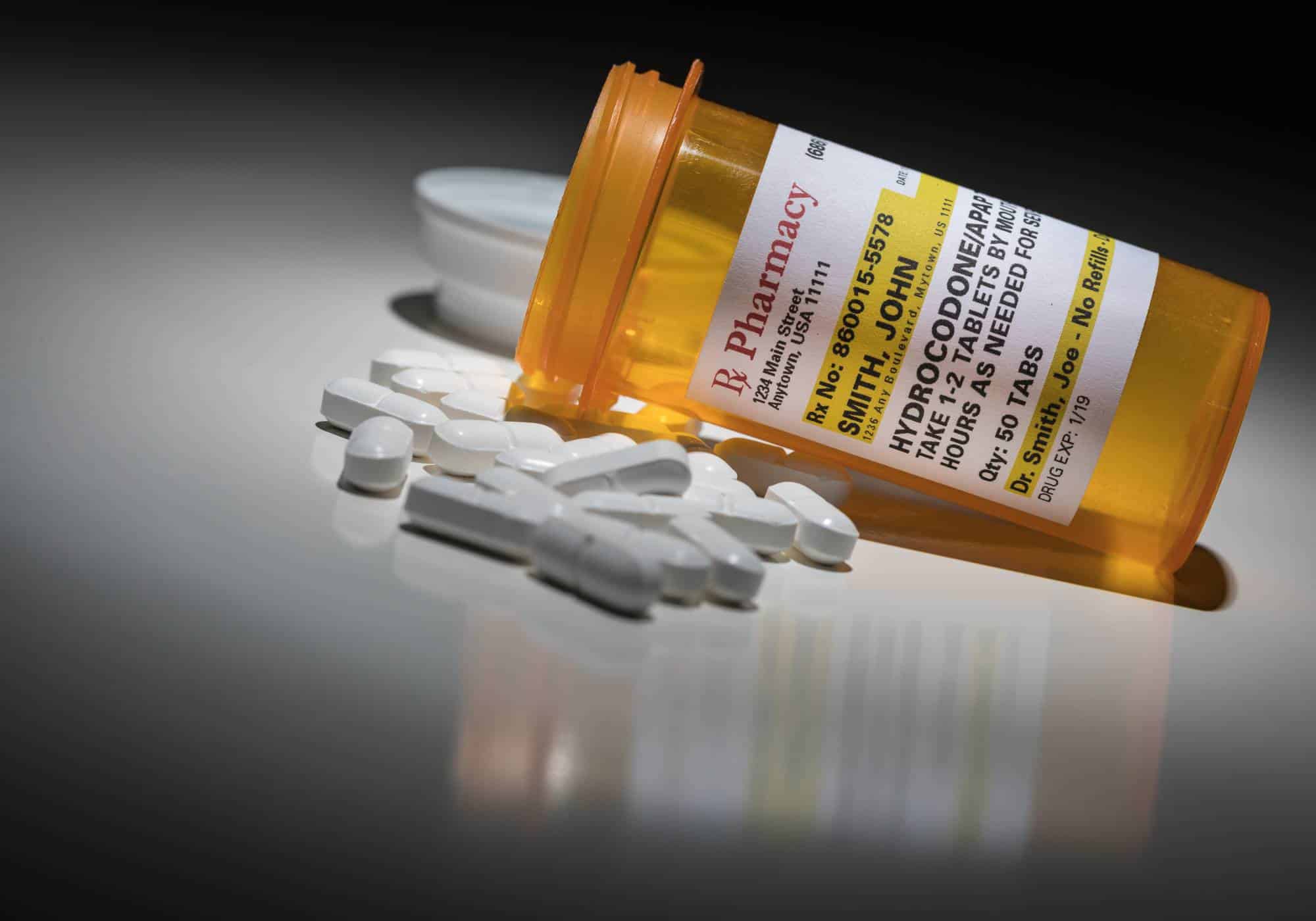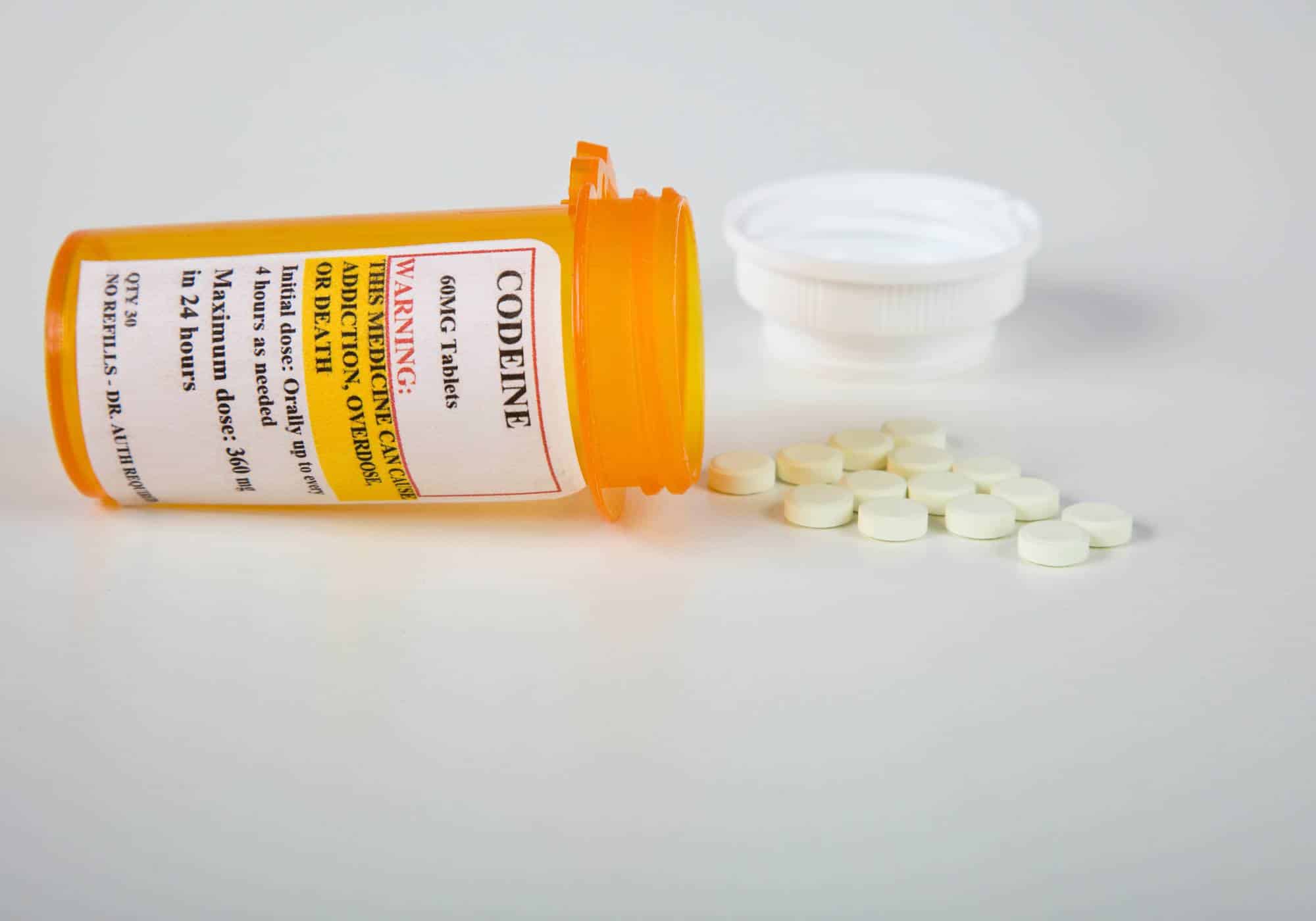Valium addiction develops gradually, typically beginning with the need for larger doses to alleviate anxiety or improve sleep. Over time, this can lead to seeking frequent refills or multiple prescriptions as the focus shifts toward obtaining and using Valium more obsessively.
Although Valium is prescribed for legitimate health issues such as seizures, muscle spasms, and anxiety, it can lead to dependency even among those with real medical needs. The shift from regular use to abuse can occur over weeks or months, making it crucial to spot early signs of addiction. Recognizing both the physical and behavioral changes associated with Valium use is essential for identifying and addressing potential addiction in someone you care about.
What is Valium?
Diazepam, commonly known as Valium, is part of the benzodiazepine family, which includes well-known medications like alprazolam (Xanax), lorazepam (Ativan), and clorazepate (Tranxene). It is typically prescribed to manage conditions such as anxiety disorders, insomnia, muscle spasms, alcohol withdrawal symptoms, and seizures.
Valium is favored for its sedative properties, often prescribed to alleviate anxiety and stress. Its ability to quickly induce feelings of relaxation and calm makes it popular for both medical and recreational use. With anxiety disorders affecting over 40 million adults in the U.S. alone, the demand for diazepam is significant, and it is available under around 500 brand names worldwide.
In medical settings, Valium is also used to treat convulsions, seizures, and provide muscle relaxation. It is prescribed for a variety of mental health conditions including panic disorder, general anxiety disorder (GAD), major depressive disorder, and bipolar disorder.
Valium works by enhancing the activity in the central nervous system and increasing the neurotransmitter GABA, which is essential for regulating brain activity. Insufficient levels of GABA can lead to conditions like anxiety or panic disorder, and Valium helps by promoting calmness and controlling panic.
The effects of Valium can usually be felt within an hour of oral intake, with some individuals experiencing relief in as little as 15 to 30 minutes. While Valium is effective for immediate symptom relief, its potential for euphoria when taken in high doses or combined with alcohol or other sedatives increases the risk of addiction.
Is Valium Addictive?
Yes, Valium has a considerable potential for addiction. Its effects are similar to alcohol in terms of dependency potential but without the severe hangovers, making it an appealing choice for abuse. Even when used as prescribed, dependency can develop, starting with tolerance as users increase doses to recapture the drug’s initial effects. Over time, this can escalate to consuming more Valium to avoid discomfort and withdrawal symptoms.
What is Valium Addiction?
Valium is known for its long-lasting effects compared to similar medications, which can lead to dependency. Abusing Valium or straying from prescribed guidelines can quickly lead to addiction, making the brain increasingly reliant on the drug for normal functioning. Often, individuals may not recognize the depth of their dependency on Valium.
Continued use of Valium for more than four to six weeks, even with a doctor’s oversight, greatly increases the risk of developing an addiction. One clear sign of addiction is the need for increased doses to achieve the same calming effects.
Other signs of Valium addiction include:
- Strong cravings for the drug.
- Withdrawing from social interactions.
- Continuing to use Valium despite negative consequences.
- Losing interest in activities that were once enjoyable.
- Failing to fulfill work, school, or home duties.
As tolerance to Valium increases, so does the likelihood of experiencing withdrawal symptoms when trying to quit, which can be a major hurdle in recovery. Valium withdrawal can be both dangerous and uncomfortable, highlighting the difficulties faced by those attempting to stop using on their own. Severe withdrawal symptoms often drive individuals to continue using Valium just to feel normal.

Signs of Valium Addiction
Identifying signs of Valium addiction early is crucial for accessing timely help.
Symptoms of Valium abuse to be aware of include:
- Memory lapses
- Decreased reaction times
- Dilated pupils
- Nausea
- A compelling craving for Valium
- Going to great lengths to acquire the drug
- Trouble concentrating
- Slurred speech
The hold of addiction strengthens over time, making prompt action essential. Recognizing the problem is the initial step towards recovery. For assistance and support in dealing with Valium addiction in Atlanta, GA, reach out to Hope Harbor Wellness at 678-605-9725.
The Dangers of Valium Abuse
Valium, approved by the FDA in 1963, was originally created to help cope with everyday stress. Marketed aggressively to middle-aged, middle-class individuals, it soon became one of the most commonly misused drugs of the 20th century.
Many people underestimate Valium’s addictive potential because it is prescribed by doctors. Yet, the dangers of its use are substantial but not well-known. Heavy usage of Valium can result in severe outcomes like convulsions and coma. Studies have also shown that Valium users face a higher risk of motor vehicle accidents. Withdrawal from Valium, if not managed correctly, can be fatal.
The risk increases dramatically when Valium is mixed with other central nervous system depressants such as alcohol and opioids. This combination can intensify the sedative effects, potentially leading to dangerously depressed breathing or heart rate.
Short-Term Effects of Valium Abuse
Valium abuse can quickly lead to tolerance and dependence with frequent use.
Initial side effects often include:
- Dry mouth and appetite changes
- Irregular heart rates
- Lowered breathing rate
- Blurred vision and confusion
- Nausea and memory lapses
- Decreased reflexes and impaired motor coordination
- Slurred speech
Even when prescribed for valid medical reasons, Valium abuse can increase the likelihood of addiction, marked by:
- Chasing euphoria or deep sedation
- Seeking heightened stress relief and drowsiness
- Increased physical and mental relaxation
Prolonged abuse can intensify side effects such as nausea, headaches, dizziness, confusion, low blood pressure, and complications with speech and vision. Mental health may decline, showing up as irritability, agitation, anxiety, delusions, hallucinations, nightmares, and disturbed sleep patterns.
Valium abuse involves taking higher or more frequent doses than prescribed, using without a prescription to achieve euphoria, or combining it with substances like alcohol or opioids to enhance effects. Such combinations significantly increase the risk of critical conditions, possibly leading to fatal consequences.
Long-Term Effects of Valium Abuse
Prolonged abuse of Valium carries serious health risks that can have long-term consequences:
- Tolerance: With regular usage, the body becomes less responsive to Valium, requiring increasingly larger doses to achieve the same calming effects.
- Dependence: Regular intake of Valium can lead the body to rely on it, manifesting as dependence. This is often highlighted by withdrawal symptoms when usage is reduced or stopped. This dependency can quickly turn into an addiction.
- Withdrawal: Valium withdrawal can be intense and distressing, featuring symptoms such as anxiety, panic attacks, insomnia, physical discomfort, and in severe cases, seizures. These symptoms can drive continued use as users seek to avoid discomfort.
- Addiction: Valium addiction is marked by a compulsive urge to consume the drug despite negative impacts on one’s personal life, career, and health. This is characterized by an inability to stop using Valium even when faced with serious personal consequences.
These aspects underline the critical nature of addressing Valium abuse early and seeking professional treatment to manage its profound effects.
Valium Withdrawal
Valium withdrawal presents a challenging phase for those overcoming an addiction, demanding significant physical and mental resilience. Withdrawal symptoms develop as the body adjusts to functioning without the drug, especially after extended use or high dosages.
Symptoms of Valium withdrawal include:
- Anxiety and restlessness
- Physical discomfort and muscle cramps
- Aggressive behavior and heightened agitation
- Confusion and difficulties with concentration
- Depression and mood fluctuations
- Sleep disturbances, including persistent insomnia
- Changes in appetite, often resulting in weight loss
- Irritability
- Excessive sweating
- Increased heart rate
- Nausea and vomiting
- Diarrhea
- Tremors
- Heightened sensitivity to sensory input
- Hallucinations
- Delirium and paranoia
- Thoughts of self-harm or suicide
- Seizures
The intensity of these symptoms can vary greatly, influenced by the duration of Valium use and the typical dosage. For those experiencing withdrawal, it is essential to be in a controlled environment like a detox program, which can provide crucial support and reduce risks, facilitating a safer and more manageable recovery process.

Valium Detox
Detoxifying from benzodiazepines often involves the use of Valium as a transitional medication to alleviate withdrawal symptoms. For those addicted to another benzodiazepine, Valium may be prescribed as a milder option. It is then gradually reduced in a controlled tapering process, allowing patients to safely wean off the original benzodiazepine.
For individuals directly dependent on Valium, a similar tapering strategy is employed to methodically decrease the dosage, thus mitigating withdrawal symptoms and facilitating a more manageable recovery.
To aid in managing the symptoms associated with Valium withdrawal, additional medications may be prescribed, including:
- SSRIs: These antidepressants help reduce the rebound anxiety that is frequently experienced during Valium detox.
- Melatonin: Used to alleviate anxiety and improve sleep quality, melatonin supports the body through the withdrawal process.
- Anticonvulsants: These are crucial for preventing seizures and can effectively lessen other withdrawal symptoms.
- Baclofen: As a muscle relaxant, Baclofen is beneficial in diminishing cravings for Valium and other drugs.
This well-rounded approach, under medical supervision, is designed to ensure that detox from Valium is conducted as safely and comfortably as possible.
Benefits of Valium Addiction Treatment
Seeking treatment for Valium addiction offers transformative benefits that make the challenging journey to recovery more manageable and less isolating. With professional guidance and support, the path to sobriety is clearer and filled with compassionate care aimed at your successful rehabilitation.
Key Benefits of Valium Addiction Treatment:
- Stabilizing Your Life: For those battling addiction, life can seem uncontrollable. Addiction treatment provides a structured setting that establishes the foundation for a stable, substance-free existence. This environment supports accountability and progress towards important life goals, helping you develop healthy routines and relapse prevention strategies.
- Understanding Your Addiction: Treatment enables you to explore the root causes of your addiction after detox. With professional help, you can identify and address the issues—whether trauma, mental health disorders, or external pressures—that led to your dependency. Gaining insight into these triggers is crucial for effective management and long-term sobriety.
- Building a Supportive Community: Many who enter rehab do so without a supportive network. Rehab facilities offer a welcoming community that provides empathy and support. The relationships formed during this time are vital, offering mutual encouragement and understanding that bolster your recovery efforts.
- Promoting Healthy Lifestyle Changes: Rehab centers encourage the adoption of new, beneficial habits that replace the role of substances in your life. Participating in activities like art therapy, music therapy, and group exercises not only builds community but also supports the development of robust coping mechanisms. These positive changes enhance both physical and mental health, significantly improving your overall well-being.
Starting treatment for Valium addiction is the first step towards a revitalized life characterized by health, purpose, and meaningful relationships.
Begin Your Valium Addiction Treatment with Hope Harbor Wellness
Hope Harbor Wellness stands ready to support those battling Valium addiction in Atlanta, GA, with tailored outpatient treatment programs designed to promote recovery and long-term wellness.
Our committed team is dedicated to aiding individuals on their path to recovery, providing essential tools and support needed to overcome addiction. If you or someone you know is struggling with Valium addiction, we are here to help. Contact Hope Harbor Wellness today at 678-929-6304 or via our online form to learn how we can assist you in regaining control and achieving sustainable recovery.












